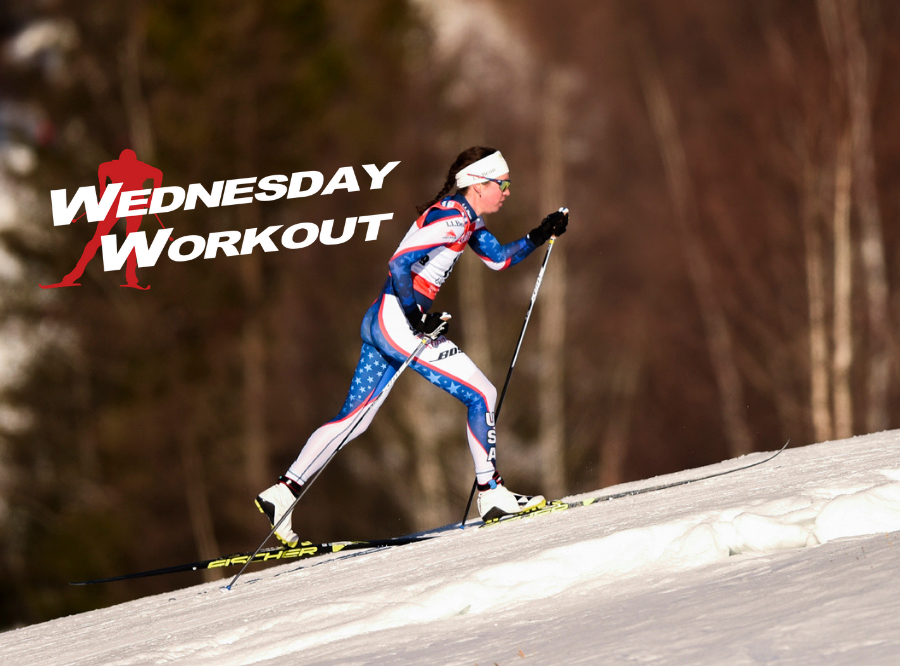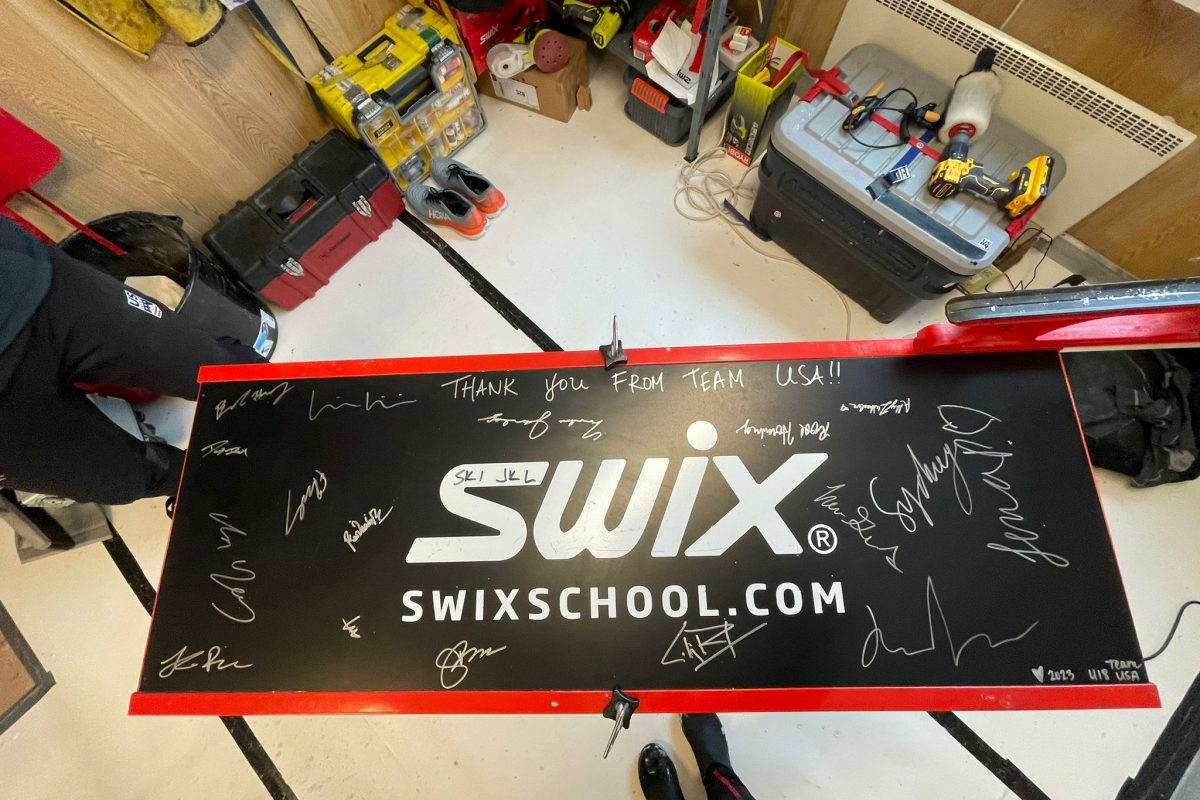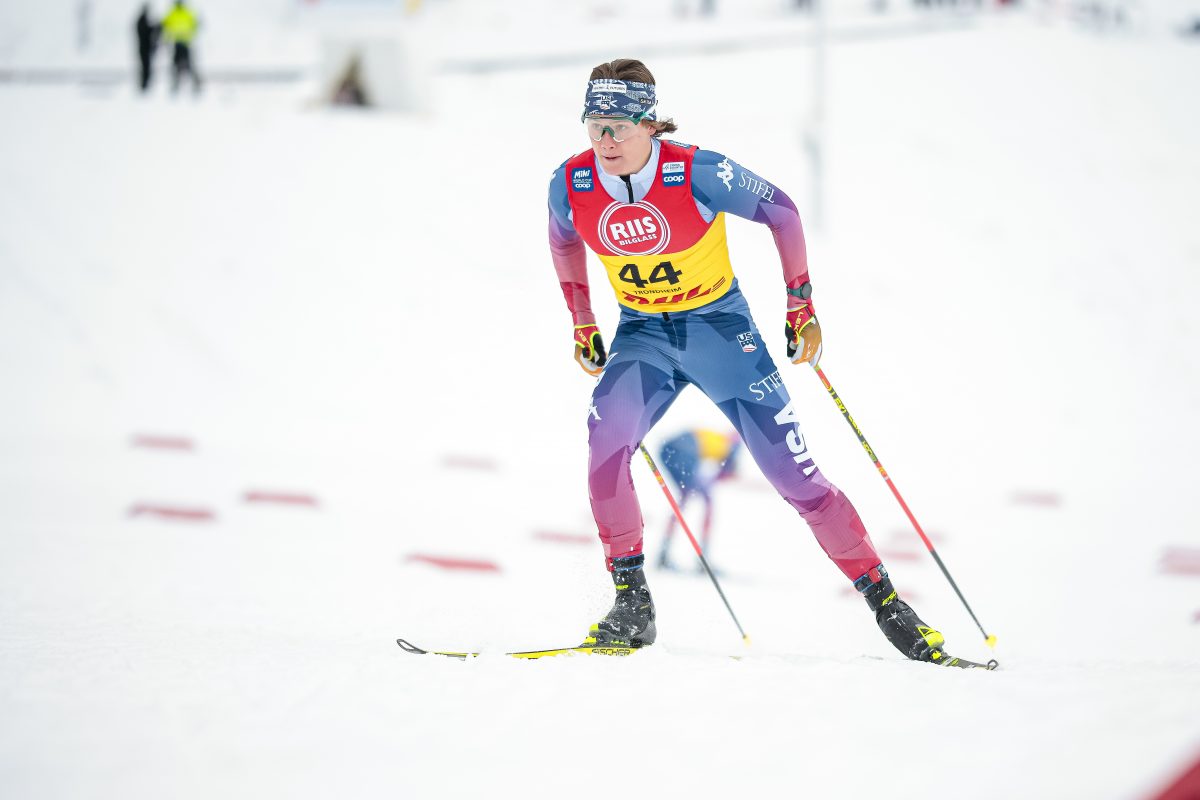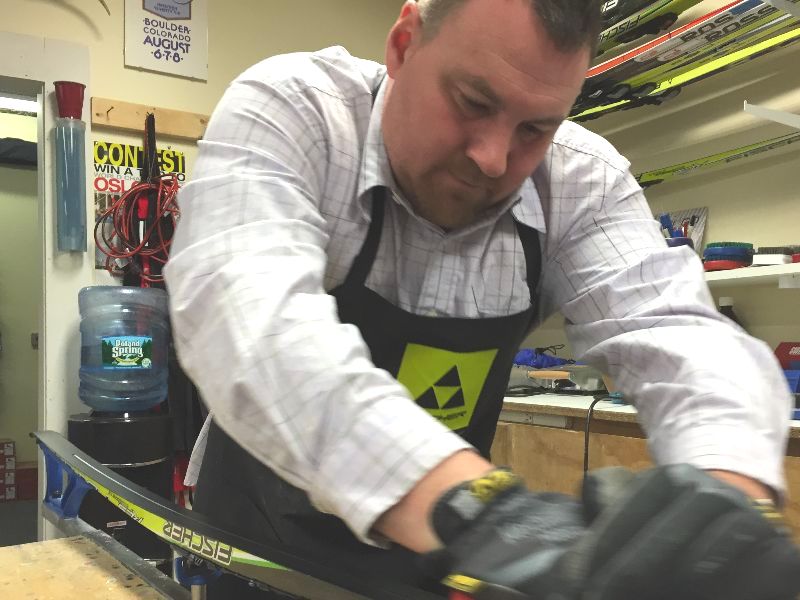
This Wednesday Workout dives into one athlete’s approach to reviewing last season’s training and how to move forward. Newly minted U.S. Ski Team member and longtime Craftsbury Green Racing Project athlete Caitlin Patterson provides the details.
***
Looking back on a year of training is an important part of planning the year ahead.
My first step is to think broadly over the past year as a whole and to ask myself a series of questions. Usually, I try to write the questions and answers down, and revisit them over the course of a few weeks, to allow myself to contemplate.
- What were the best races, the worst races, the most energized feelings or the most frustrating moments of the season?
- Were there major themes or flaws that ran throughout the year, is there anything right away that I can pick out that I did very well or very poorly?
- What were my goals, and did I achieve them?
- At the moments that counted most, did I feel prepared? And if I didn’t, what area of body/mind/health was least prepared to ski my best?
I keep a detailed training log, which can be difficult to sift through for a yearly analysis, since there are comments for every single one of 500-plus workouts I’ve completed. However, it’s important to have details for a focused evaluation of particular weeks. For example, if I felt tired and raced poorly in week 40, I’ll look back at that week and the previous one. By reading comments and looking at the training volume and intensity, I might be able to see a way in which I overdid it, which will guide me towards smarter training next year. A training log is particularly useful for the aggregation of objective data, such as training hours per week. This year there were a few winter weeks when I trained 17 hours, which was several hours higher than I’d seen in previous years; while it’s not necessarily a bad sign, it might be a cue to take a closer look.
The question about feelings of preparation for the key moments, #4 in the above list, is one of the most important. For example: during a certain classic race that I was targeting, my lower back got extremely tired in the double poling sections and it affected my ability to ski the rest of the terrain. This means that I need to strengthen my lower back, an objective which I might accomplish in a few different ways:
A. Put more back strengthening exercises into my weight room routine.
B. Do more double poling on rollerskis and skis.
C. Make sure that my body position on distance skis is realistic to the way that I race.
Once I’ve made a preliminary analysis myself, it’s time to consult with my coach. At the end of each season I meet with Pepa Miloucheva, my coach of these last 7 years with the Green Racing Project, and we talk through the training and competition season. Usually, our analysis of the problems matches up pretty well, but sometimes we have different approaches towards how to improve for the next year. It’s great to talk about your season with someone, because even if it’s just a family member who is good at listening, by verbalizing your judgements you might notice that you’re being too hard on yourself or are missing high points. The process of evaluating the year shouldn’t be all about finding the problems; it’s also about noticing the strengths and building upon what has been done well.
For me personally, I am not planning to change particularly much this coming year. The focus will be on quality training and making the most of every session. My volume and intensity will stay similar, but I may adjust the details of intensity and strength a little bit in order to better target particular mid-winter races. By putting together quality workouts with help from coaches and with companionship in the hard work from teammates, I know that I can keep pushing my racing fitness to higher levels of preparedness.
Jason Albert
Jason lives in Bend, Ore., and can often be seen chasing his two boys around town. He’s a self-proclaimed audio geek. That all started back in the early 1990s when he convinced a naive public radio editor he should report a story from Alaska’s, Ruth Gorge. Now, Jason’s common companion is his field-recording gear.



